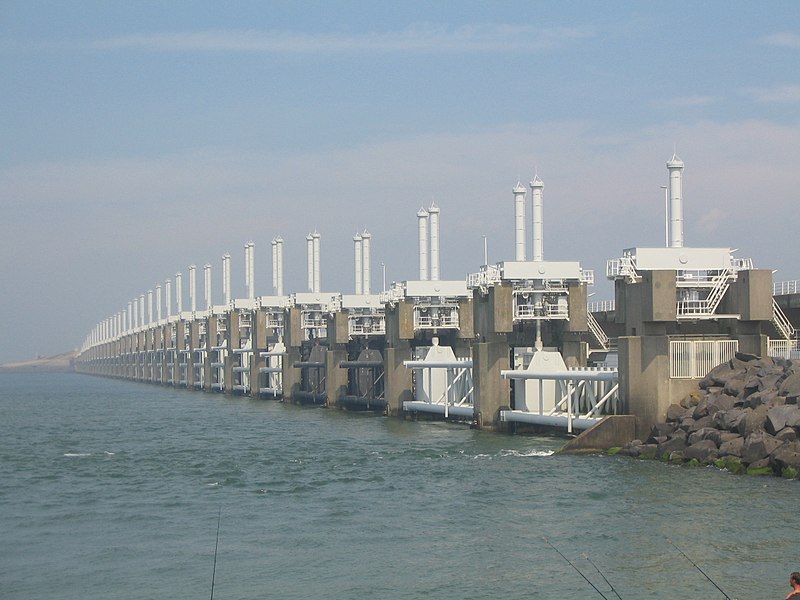Property management is undergoing a metamorphosis in the ever-evolving real estate industry, driven by changing market trends, technological breakthroughs, and the constantly evolving needs of both property owners and tenants. As we navigate through these transformations, it becomes crucial for property management professionals to stay abreast of the latest developments and proactively adapt their strategies. In this blog post, we will delve into the key factors reshaping the property management industry and explore how industry leaders are navigating these changes to create a more efficient and customer-centric experience.
Embracing Technological Innovations
One of the most prominent trends shaping property management is the integration of cutting-edge technologies. From smart home systems and online leasing platforms to advanced data analytics, technology is revolutionizing how properties are managed and tenants are serviced. The rise of property management software has streamlined day-to-day operations, enabling professionals to automate tasks, enhance communication, and provide real-time insights. Additionally, the adoption of IoT devices has allowed for predictive maintenance, optimizing property performance, and minimizing downtime. As we witness this tech-driven evolution, property managers must not only embrace these innovations but also cultivate a tech-savvy mindset within their teams to maximize the benefits.
Speaking with Property Management Experts
Seeking insights from seasoned professionals is crucial when delving into the complexities of property management. In a recent survey conducted by Faranesh Real Estate and Property Management, it was revealed that property management background checks are essential in this process. This illuminating study, drawing from the experiences of industry leaders, sheds light on the significance of thorough tenant screening in mitigating risks and ensuring a smooth landlord-tenant relationship. Experts in the field emphasize the need for a meticulous approach to background checks, considering factors such as rental history, creditworthiness, and criminal records to make informed decisions. The findings underscore the evolving nature of tenant selection strategies and highlight the pivotal role that data-driven insights play in enhancing the overall efficiency and reliability of property management practices.
Redefining Tenant Experience

In this era of heightened customer expectations, property managers are redefining tenant experience to ensure satisfaction and loyalty. The traditional landlord-tenant relationship is evolving into a more customer-centric model, where communication is seamless, and services are personalized. Online portals and mobile apps have become indispensable tools for tenants, providing them with convenient access to lease information, maintenance requests, and community updates. Property managers are recognizing the importance of fostering a sense of community within residential complexes, organizing events, and creating shared spaces to enhance the overall living experience. This shift towards a more customer-focused approach not only improves tenant retention but also attracts new renters in a competitive market.
Navigating Regulatory Changes
The property management landscape is not only shaped by technological advancements and changing consumer expectations but also by evolving regulatory frameworks. Keeping abreast of these changes is essential for property managers to ensure compliance and avoid legal pitfalls. Recent shifts in regulations related to rent control, eviction policies, and fair housing practices have prompted industry players to revisit their operational strategies. Staying informed and proactive in adapting to these changes is crucial to maintaining a successful property management business. Collaborating with legal experts and staying engaged with industry associations are effective strategies to navigate the complex regulatory landscape.
Optimizing Operational Efficiency
Optimizing operational efficiency has become the lodestar guiding property management professionals through the intricacies of their daily responsibilities. In an industry where time is a precious commodity, the integration of cutting-edge technologies has emerged as a transformative force. Artificial intelligence and machine learning algorithms, in particular, are streamlining traditionally time-consuming tasks, ranging from tenant screening to rent collection and property maintenance. By automating these processes, property managers not only mitigate the risk of human error but also unlock the potential for enhanced productivity. Moreover, the embrace of virtual reality for property tours is revolutionizing the way prospective tenants explore and engage with properties, minimizing resource-intensive, in-person visits. As property managers navigate the complexities of their roles, the optimization of operational efficiency serves not only as a time-saving strategy but also as a pathway to strategic decision-making and the cultivation of stronger, more meaningful relationships with clients and tenants.
As we traverse the ever-evolving landscape of property management, it is evident that the industry is at a pivotal juncture. Technological innovations, changing tenant expectations, regulatory shifts, and a focus on operational efficiency are reshaping the way professionals approach their roles. Embracing these changes and proactively adapting strategies will be the cornerstone of success in the future of property management. By staying informed, leveraging technology, and prioritizing customer satisfaction, property management professionals can not only navigate the current trends but also position themselves as leaders in a dynamic and competitive market. The journey towards a more efficient, responsive, and sustainable property management future begins with a commitment to evolution and a keen eye on the trends shaping the industry today.







